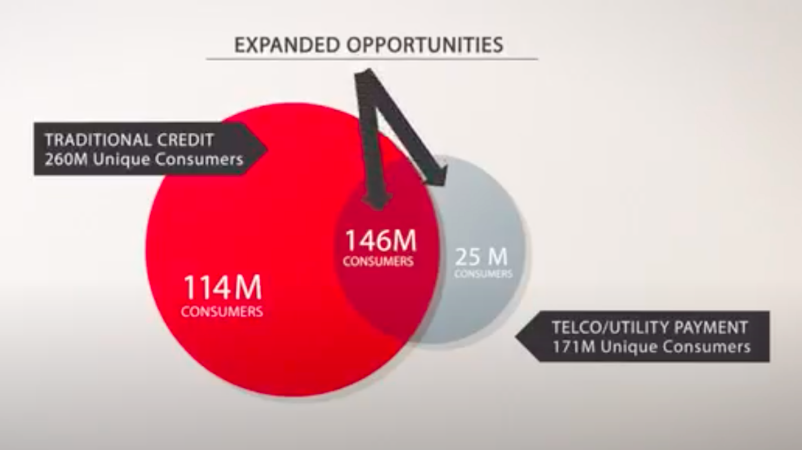1/ I'm often asked for readings on the #ColorofSurveillance -- how race, religion, class, immigration, and sexuality intersect with surveillance.
Here's a public and free syllabus you can use in your classrooms, or for your own reading.
docs.google.com/document/d/1Rt…
Here's a public and free syllabus you can use in your classrooms, or for your own reading.
docs.google.com/document/d/1Rt…
2/ What will you notice?
For most module, I try to cite first-person accounts on the lived impact of surveillance. For the slavery module, for example, we open with Frederick Douglass' first autobiography.
(Also, you can't teach Foucault in 2020 and not read @wewatchwatchers.)
For most module, I try to cite first-person accounts on the lived impact of surveillance. For the slavery module, for example, we open with Frederick Douglass' first autobiography.
(Also, you can't teach Foucault in 2020 and not read @wewatchwatchers.)

3/ I also try to use poetry. Why? Mooostly because I love poetry. But also, a well-chosen poem or song or Dr. Seuss excerpt may help frame the material better than a scholar writing for an academic audience.
Hence, Claudia Rankine and @Danez_Smif opening the next module.
Hence, Claudia Rankine and @Danez_Smif opening the next module.

4/ I cite accounts of resistance; we can't reify surveillance targets as victims. For modern surveillance of Muslims, we read the Raza complaint on NYPD's efforts to map Muslim communities (and read how the military mapped NYC Jewish communities 80 years ago for similar reasons). 

5/ Disclaimer: This is 1 semester. I had to omit closely related fields covered in other courses. So, no algorithmic bias/fairness or mass incarceration or surveillance in policing. I had to leave other fields out simply for lack of space. Also, I'm me. I have blind spots.
6/ This syllabus reflects years of research with folks like @LawProfButler, @harrisonsethdc, @gabriellexgem, and countless brilliant RAs like @jefftgary and Sara Wolovick.
It was inspired by the activism of folks at @mediajustice, @freepress, and so many others.
It was inspired by the activism of folks at @mediajustice, @freepress, and so many others.
7/ I'm eager to learn what else should be in there, or approaches that others have. Particularly on surveillance & sexuality/gender. I am weaker there than I am on the other areas.
Thanks for reading - I hope folks find it helpful.
Thanks for reading - I hope folks find it helpful.
• • •
Missing some Tweet in this thread? You can try to
force a refresh










